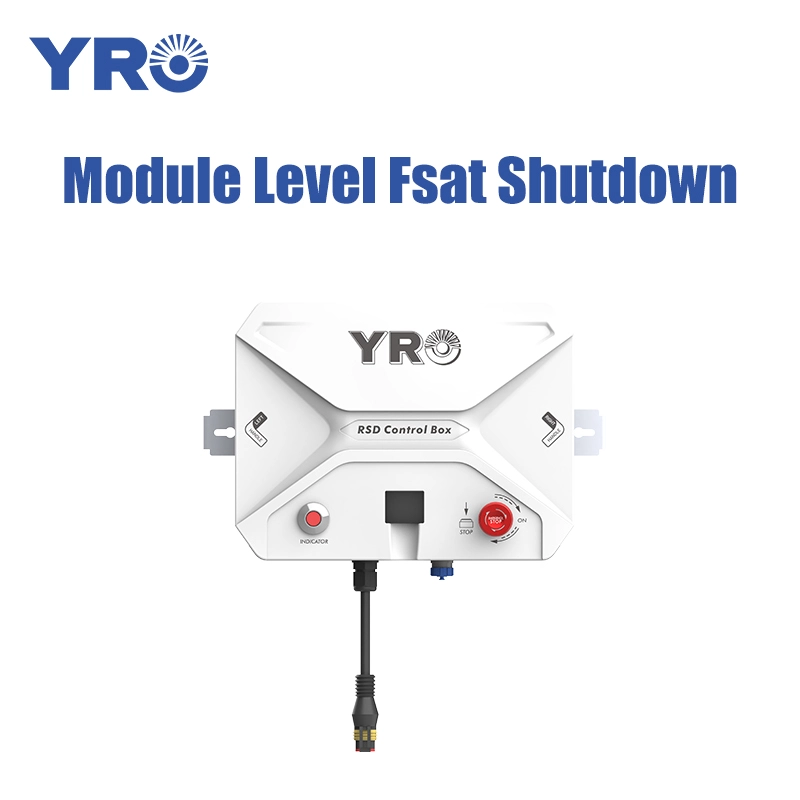The precautions when use Fast Shutdown
2025-04-25
Using "Fast Shutdown" can be convenient, but it comes with some risks if not handled properly. Here are some precautions you should take when using Fast Shutdown:
1. Save Your Work
Always make sure to save all open documents and close applications properly. Fast Shutdown can force close programs, potentially leading to data loss.
2. Check for Updates or Installations
Avoid using Fast Shutdown if your system is installing updates or software. Interrupting these processes can cause system instability or corrupted installations.
3. Close Running Applications
Manually close applications, especially ones that handle sensitive data (like databases or file transfer programs). This helps prevent file corruption.
4. Ensure External Devices are Safe to Remove
Eject external drives (USB, external HDD/SSD) before initiating Fast Shutdown to avoid data corruption on those devices.
5. Verify System Health
Make sure the system is running normally without pending critical tasks. Fast Shutdown skips certain shutdown procedures that could be necessary if the system is dealing with errors.

6. Use Sparingly
Don’t use Fast Shutdown as your default shutdown method. It’s best for situations where you need to power down quickly, but overuse can lead to:
Fragmented files
Longer startup times
Potential system errors
7. Check Power Settings
Ensure Fast Shutdown won't conflict with power-saving modes or scheduled tasks.
8. Backup Important Data Regularly
Since Fast Shutdown can lead to unexpected issues, keeping regular backups will help mitigate potential data loss.
9. Avoid During Critical Processes
Don’t use Fast Shutdown during tasks like disk defragmentation, software updates, or large file transfers.
10. Monitor System Logs
Occasionally check event logs for shutdown errors. Frequent forced shutdowns may leave error logs indicating issues that need addressing.
If you are interested in our products or have any questions, please feel free to contact us.


